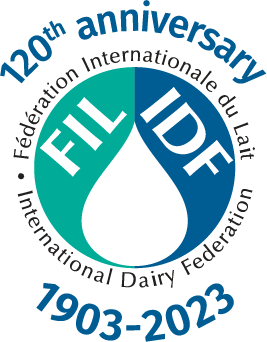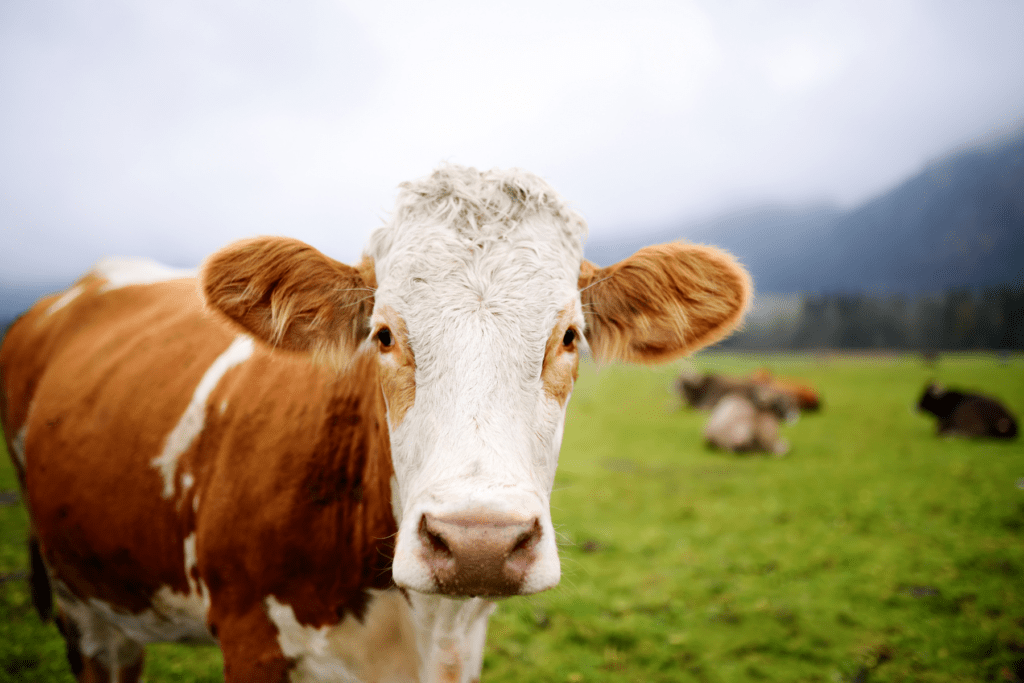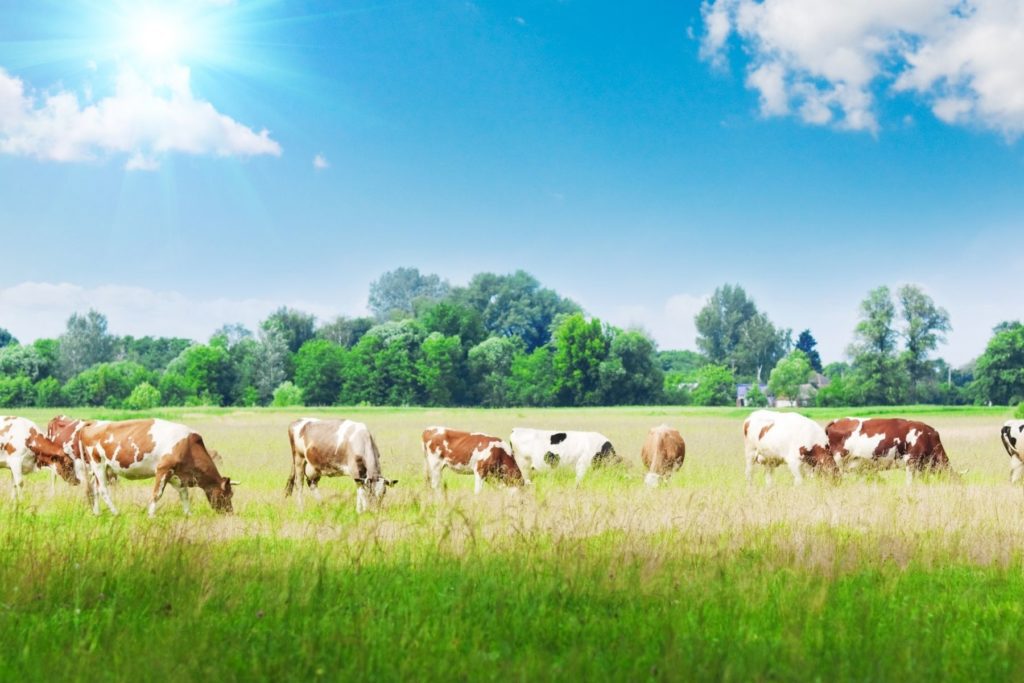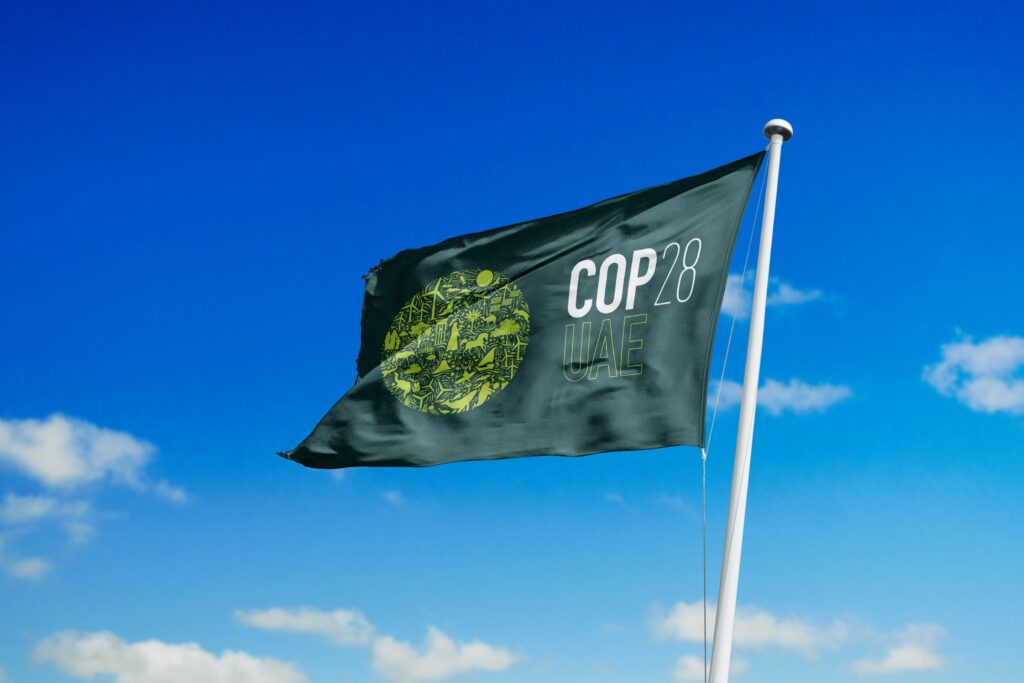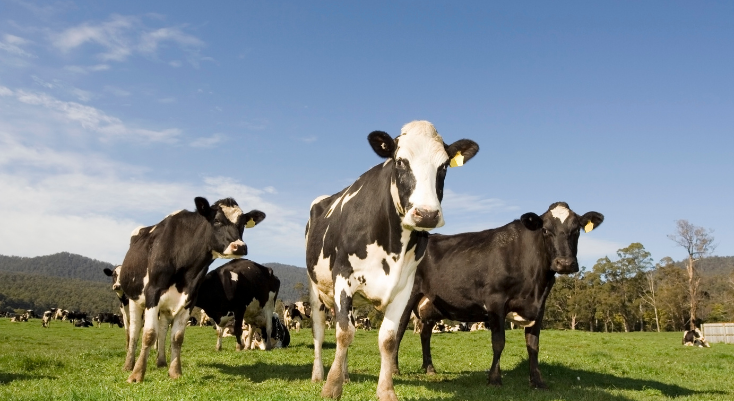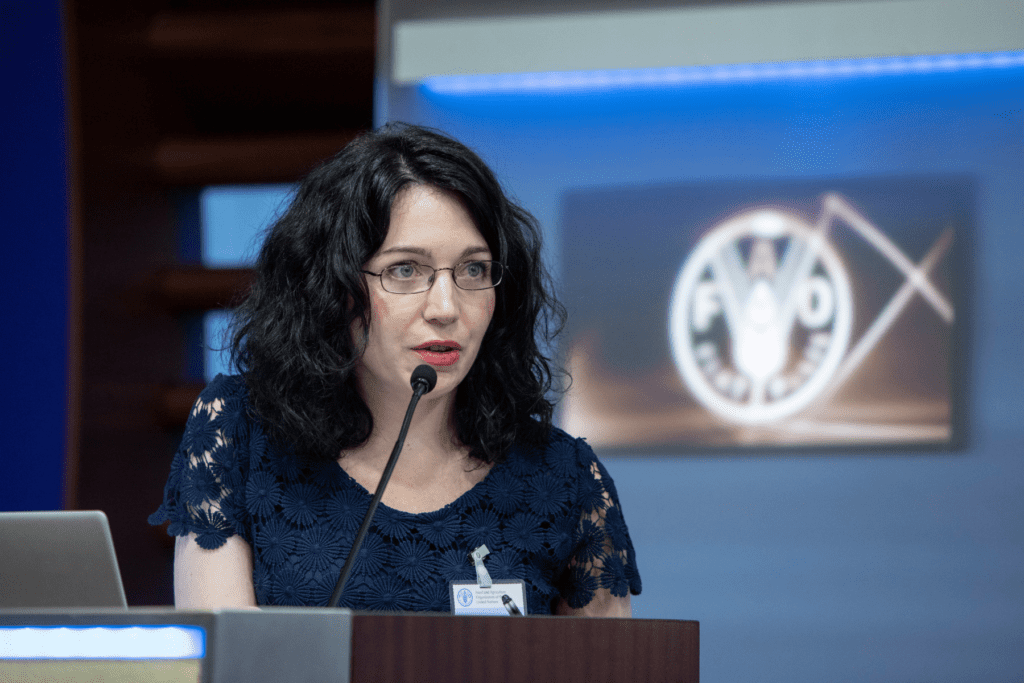
Environment
The dairy sector takes its commitment to protecting our world’s resources seriously
Environmentally friendly diets need to be healthy. Providing a growing world population with more sustainable and healthy food is a big challenge for the future. In seeking solutions to how we can best develop sustainable food systems it must be remembered that it takes more than adequate calories to feed humans. The dairy sector has been pioneering on the challenge to reduce environmental impact and protect nature, setting ambitious targets of GHG reduction, committing to further reductions and significant investment in research and development to find innovative and sustainable ways to produce and process nutritious milk and dairy products.
The result has been improvements in environmental performance, producing more nutritious milk and dairy products with fewer natural resources, less water, and less energy. In 2013, the global dairy sector launched the Dairy Sustainability Framework to enable the industry to continuously improve and demonstrate adaptation and mitigation progress made through proactive efforts. In 2015, the dairy sector was the first one to develop a life cycle assessment methodology to measure its footprint. In 2016, the International Dairy Federation and FAO signed the Dairy Declaration of Rotterdam, a commitment by the global dairy sector to the achievement of the UN sustainable development goals.
The sector is continually finding new ways to improve sustainability, increase energy efficiencies, reduce greenhouse gas emissions, reduce water, save energy, and lower operating costs for dairy farms.

Dairy as part of the solution
- Energy efficiency and GHG emissions quantification and mitigation, including renewable energy generation
- Water quality, efficiency and reuse
- Biodiversity
- Waste management and reduction
- Review and adoption/promotion of best available technologies and practice
- The dairy sector has one of the smallest carbon footprints per unit of animal product in the world. Producing milk and indirectly meat, accounts for 4% percent of all global greenhouse gas (GHG) emissions from human activities.
- Overall contribution of milk production, processing and transportation represents 2.7% of GHG global emissions.
- The dairy sector is significantly reducing emissions: emission intensity of milk has dropped by almost 11% between 2005 and 2015, while dairy production increased by 30% (FAO report 2019).
- Ruminants use agricultural land and environmental resources efficiently. Around 1.3 billion ha or 1/4 of the global agricultural area is not suitable for cultivated agriculture. While food for humans cannot be grown on these marginal lands, cows and other dairy animals can graze in these areas, recycling otherwise wasted biomass into milk.
Share this page

The dairy sector has been pioneering on the challenge to reduce its environmental impact
Learn more about environment
The breadth of issues IDF covers in its work is extensive. Learn more about the work we do.
Life cycle assessment of the dairy sector
Calculating the environment impact of dairy through environmental life cycle assessments.
Read MoreEcosystem services
Ecosystem services may be defined as the benefits to humans from nature or, direct and indirect contributions of ecosystems to human wellbeing.....
Read MoreInnovative solutions for sustainable dairy processing
Providing a comprehensive overview of eco-friendly & innovative dairy wastewater treatments.
Read MoreLife cycle assessment updates
Calculating the environment impact of dairy through environmental life cycle assessments.
Read MoreRelated reports & publications
IDF provides a permanent source of authoritative scientific and other information on a whole range of topics relevant to the dairy sector.
Issue 3: IDF Dairy Sustainability Outlook
The 3rd edition of IDF’s Dairy Sustainability Outlook showcases ongoing activities and the latest initiative....
Issue 2: IDF Dairy Sustainability Outlook
This second edition of case studies for sustainable dairying offers those involved in the field with an insigh....
Issue 1: Dairy Sustainability Outlook
The 2018 IDF Dairy Sustainability Outlook provides a viewpoint on sustainable development of relevant importan....
Related news & insights
IDF provides a permanent source of authoritative scientific and other information on a whole range of topics relevant to the dairy sector.
Dairy: nourishing a growing world population sustainably
This year’s COP25, which launches in Madrid this week, will be the start of a crucial period for the environment. COP25 is the final COP before we....
Joint statement on COP28 from IDF and GDP
Joint statement on COP28 from IDF and GDP The Global Dairy Sector’s Commitment to Sustainability and Climate Action As the United Nations....
IDF launches 15th edition of the Animal Health Report 2021
Brussels 26 November 2021 -Today, IDF has released its 15th edition of the Animal Health Report 2021 which is available to download for free on the....
Our Future Depends on Ruminants
The media often reports how consumer choices can contribute to sustainable development, for instance by adopting a vegetarian or vegan diet. As a....
